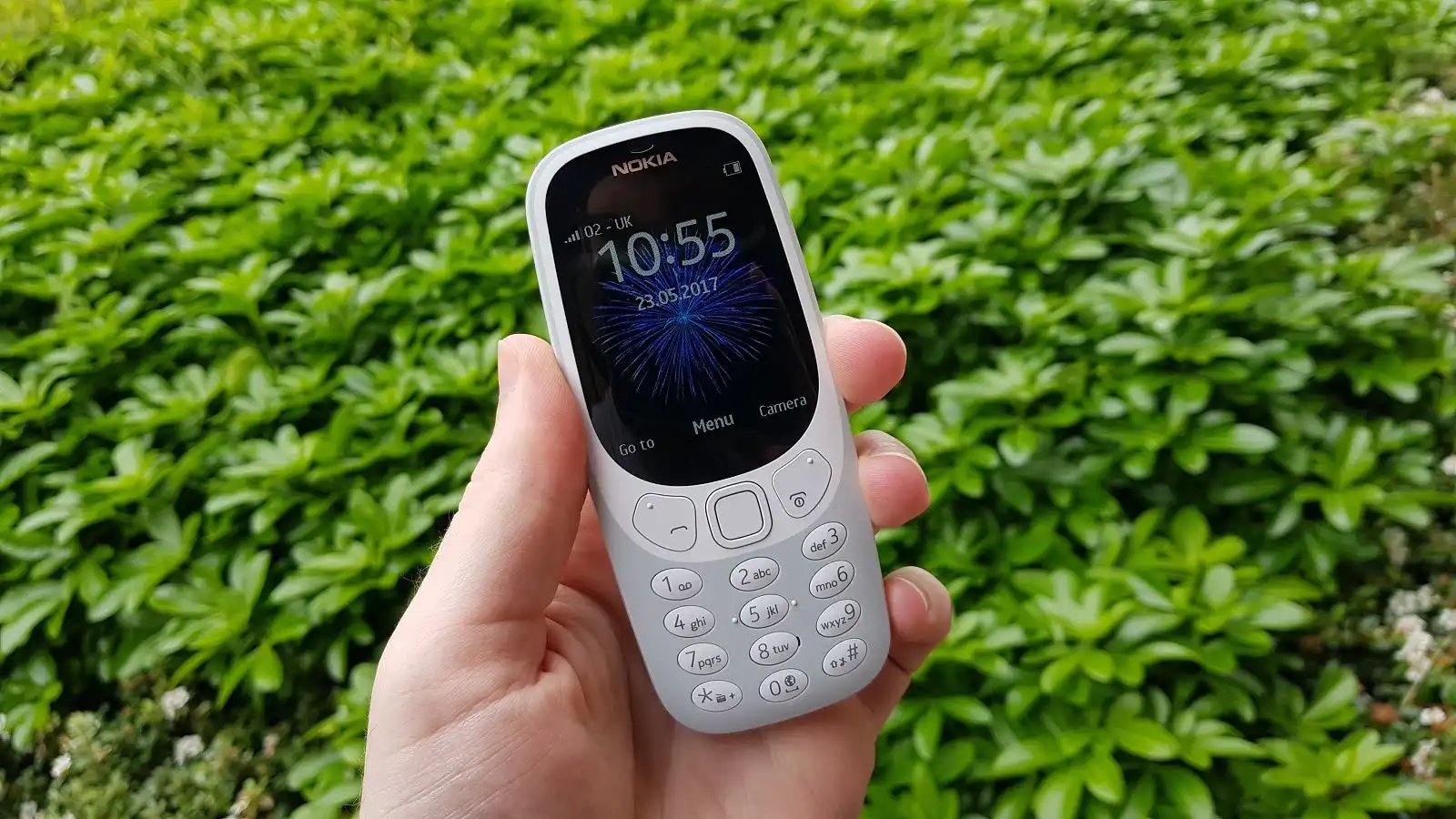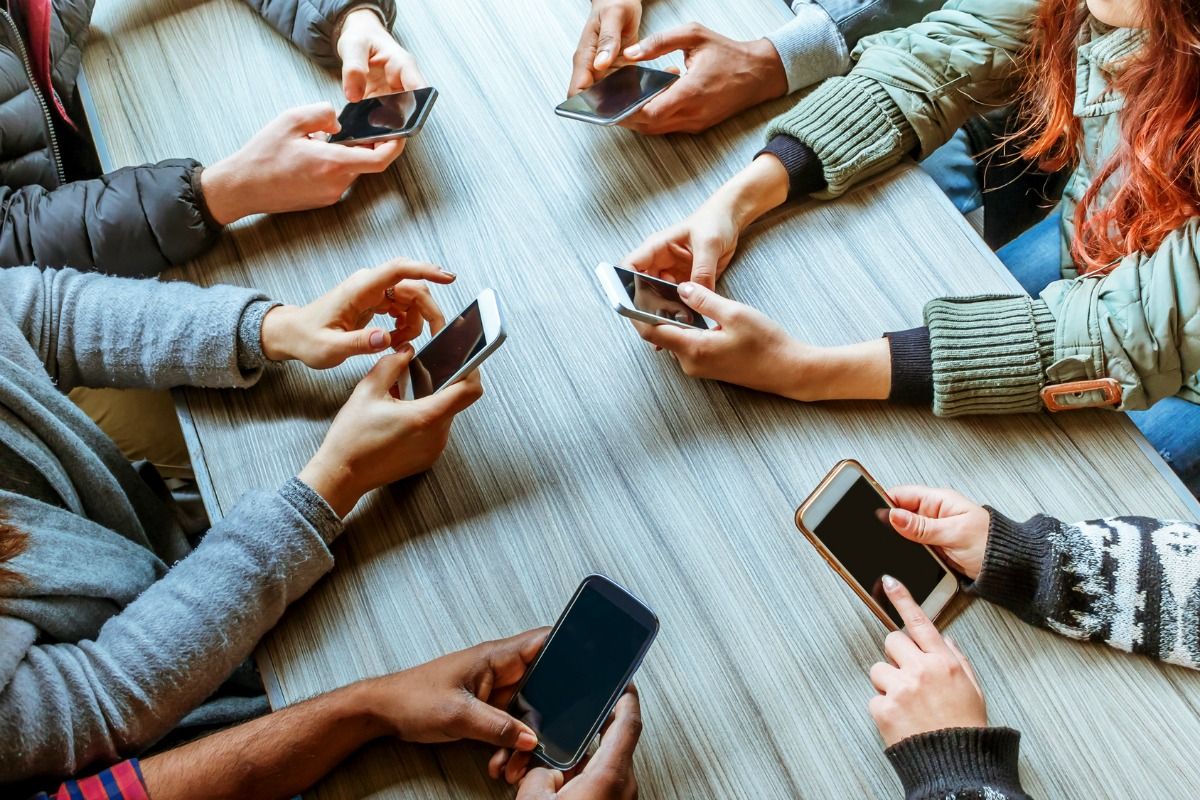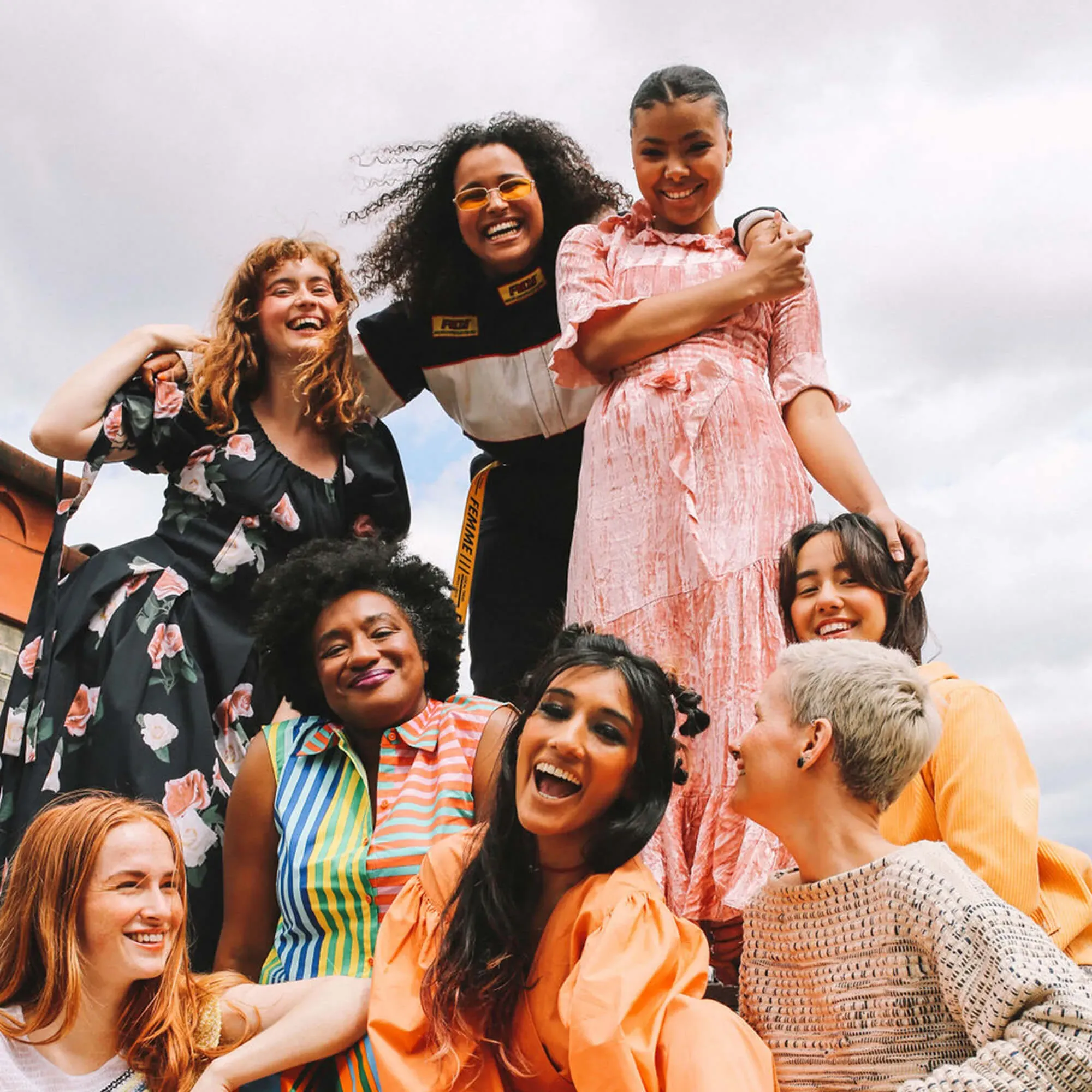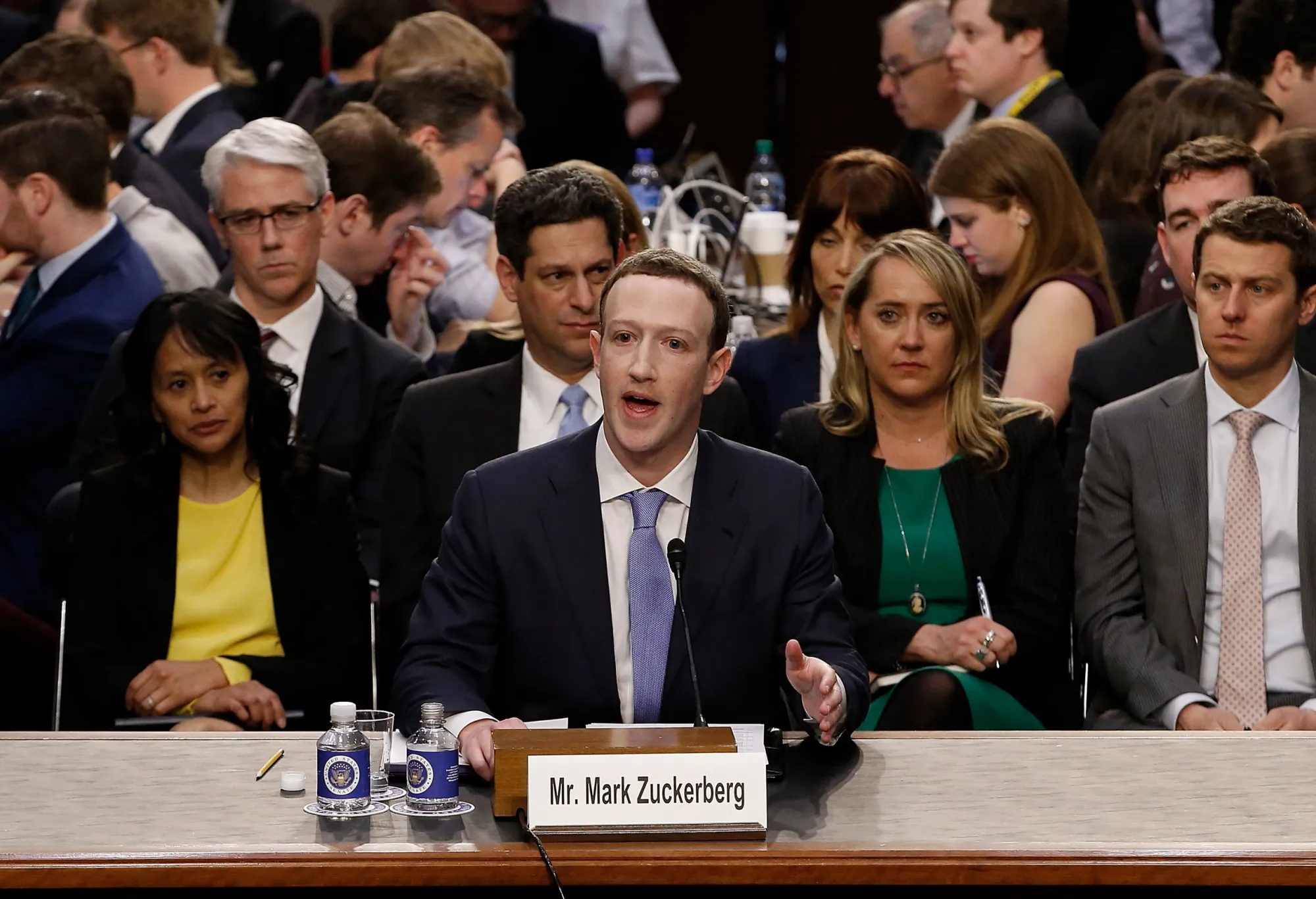The Rise and Fall and Rise of the Dumbphone
Why Gen Z's rebellion against digital connection can only be a good thing.

Growing up, I keenly remember my first phone. Sometime around 2001, I got the Samsung A300. It didn't have a colour screen, it had a rather unsightly aerial sticking out the top, and it boasted a whopping 128x128 pixel display! What a device!
What did it do then, I hear you ask? You could text. And boy, did we text!
Countless nights were spent texting friends from school, or bombarding the local radio station – Q97.2FM – requesting songs with dedications for any conceivable reason.
With each new phone came new features, and the inexorable drive towards the first genuinely "smart phone". Each device was as much a fashion statement as a genuine technological aide, and each year brought new messaging apps, new social networks and new ways to stay in touch.

It's over twenty years later and if you walk down any high street in Britain you will see smartphones in almost every hand. People collide with large and extremely avoidable obstacles in their quest to stay connected or swipe to the next TikTok. Therefore, I wasn't overly surprised to hear that the "dumbphone" is making a revival in the United States. Gen Z – it would seem – is on a drive to digitally detox.
According to CNBC, influencers and Gen Z are swapping smartphones for dumbphones – devices capable of only texting and calling. In essence, they're going back to Nokia 3310s. I'll take the influencers with a pinch of salt, as it would be difficult – not to mention economically unviable – to milk your thousands of adoring fans for commissions via SMS alone. Besides, wouldn't be like influencers to hop on a trend superficially, would it?
I can certainly understand the rationale, though. Millennials such as myself "rode the wave" of the rise of the smartphone. We embraced it and quite literally held it close. Much as we scoffed at our parents' inability to use the internet or grasp what an app was, it would seem that Gen Z are similarly scoffing at millennials' obsession with staying digitally connected.
For my generation, the ecosystems and infrastructure of big data evolved relatively slowly around us. It was a natural progression from SMS to MSN to Facebook and WhatsApp. As our privacies were slowly and steadily erased it was disturbingly easy to simply not see it happening. For children and teenagers today – anyone taking a rational step back – might well be horrified at what we've become: a generation sorely lacking in real social contact.
As such, a pushback isn't a surprise. After all, it's well documented that subsequent generations tend to rebel against the societal norms of those who precede them. Historically that would usually involve pushing at the edges of what is socially acceptable, whether it be rock n' roll, sexual and hedonistic liberty or new forms of communication. In this instance, the direction of the pushback could be looked at as more of a regression than progression, if you don't quite grasp what's going on.

And phones aren't the only place where this is happening. As a society, our younger members are behaving more like children from the 1930s than the 1990s. Young people are having less sex, taking fewer drugs and societal taboos like teenage pregnancy are declining.
As the generation that preceded them wound up hooked on social networks and an intensely digital lifestyle, a partnering that has come hand in hand with sharp increases in depression, anxiety and mental struggles, it's perhaps a lot easier to fathom why teenagers today would look to their elders and ultimately decide, "No, thank you."
Don't get me wrong: I don't think we're on the wave of a total cultural U-turn. The prevalence and success of apps like TikTok that have gripped Gen Z show that the smartphone market is not about to suddenly collapse. But there is something going on that suggests that the apparently inexorable drive to move everything to a more digital – and perhaps a more unrealistic – world is slowing down. Perhaps a gradual realisation that followers do not equate to friends, and that sending emojis simply cannot supplant real world social interaction and experience is taking hold.
Bad news for Zuckerberg's Metaverse.
That bad news can only be a good thing for the rest of us. As we walked blindly into a new digital era, we millennials – and older – left ourselves extremely vulnerable. Our data was and still is harvested so effectively that companies, governments and political movements can target and manipulate us so long as social networks are happy to take their cash. The world used to feel like a much more rational place before Facebook gave everyone a vastly inflated sense of self-importance fuelled by a dopamine-induced thirst for likes and shares. Sharon at number 43 was no longer shouting at her wisterias in the confines of her own garden, she had a platform to complain vociferously about her neighbours' wobbly fence panels while being inundated with people she barely spoke to replying "Omg u ok hun?"
When I went to university in 2008, just as Facebook was really kicking into gear, Mark Zuckerberg was seen as a kind of hoodie-wearing, nerdy genius. Just one of the guys who happened to create something really special. Cut to 2023 and he's seen as a suit-wearing, socially inept automaton hellbent on getting everyone on the planet onto his damned network, whether that be Facebook, Instagram, WhatsApp or the Metaverse. The novelty – even for those of us who grew up in the heart of it, and for whom these systems were truly revolutionary – has well and truly worn off. With that, is it any surprise that younger people see him and all that he represents in such a negative light?

Young people are always demonised by those before them and often blamed for societal ailments. My generation was denigrated for becoming active about the environment because we drank lattes. Currently the government are trying their utmost to stop younger people from voting by allowing Over 60s photographic ID to count at the polling booths, but not younger people's equivalents issued by the same bodies. And that's not even getting started about the current demonisation of being "woke" flying around the West these days. Young people are always told, as the old adage goes, to be seen but not heard. And if you are heard, under no circumstances highlight how racist people are, you woke snowflake.
Yet, as ever, young people represent our greatest hope. Our greatest chance of creating a better future filled with tolerance, egalitarianism and economic prosperity. If switching back to dumbphones to focus on what truly matters is the start of a rejection of the bipartisan toxicity and political weaponisation of social media that have so wholly and utterly damaged our society in recent years, then I for one embrace it.

